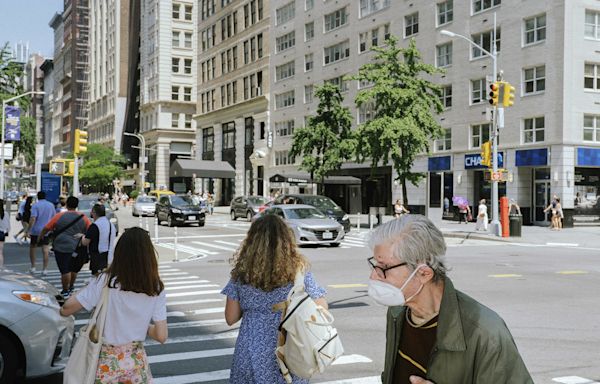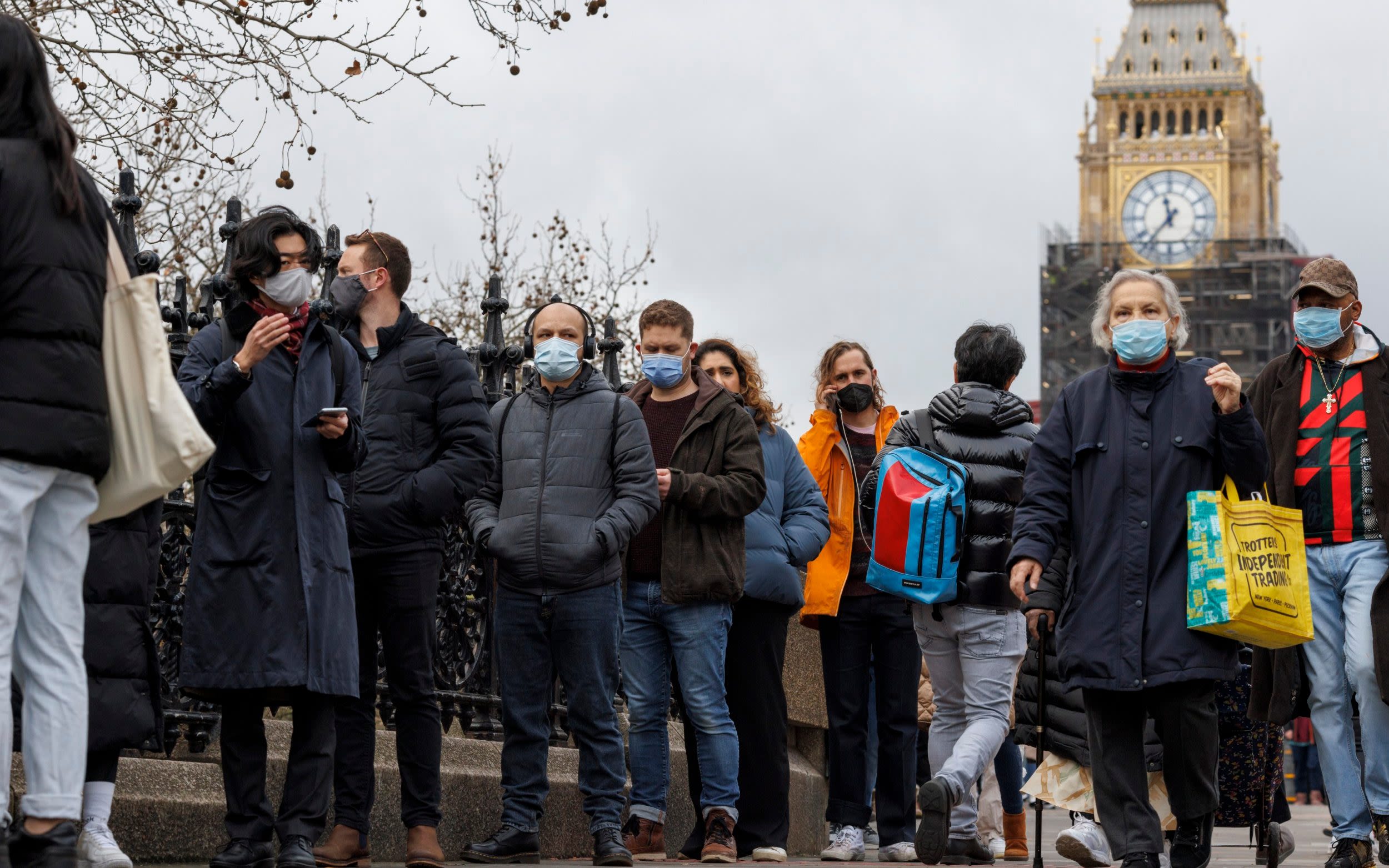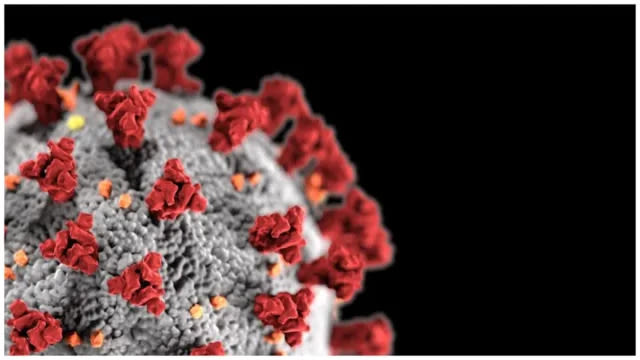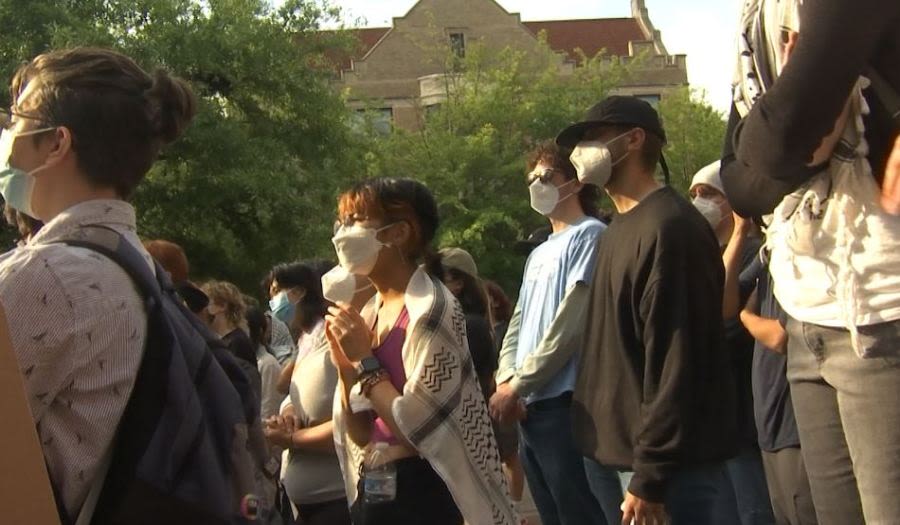Search results
News about COVID-19, FLiRT variants, Covid
News about Decoding COVID-19, streaming, Amazon Prime Video
Also in the news
Dec 11, 2023 · Most—but not all—of us will no longer be infectious by day 10. Once you’re sneezing, you are infectious. — Sharon Nachman, MD. Can You Be Contagious If You Don’t Have Symptoms? Once your symptoms get better, the chances of you getting someone else sick are low—but it’s not impossible.
Feb 26, 2024 · People with COVID are most contagious for the first 5 to 7 days after infection. That means they could spread the virus 1 to 2 days before they develop symptoms and until 3 to 5 days after their symptoms start. So how can you decide when to start and end your isolation?
Jul 23, 2021 · The SARS-CoV-2 infection that causes COVID-19 can be contagious for around 2 weeks, but the exact duration varies from person to person. People with the infection can infect others before...
- www.mayoclinic.org
- › …
- › Diseases & Conditions
Mar 27, 2024 · Contact a healthcare professional if you test positive for COVID-19. If you have symptoms and need to test for COVID-19, or you've been exposed to someone with COVID-19, a healthcare professional can help. People who are at high risk of serious illness may get medicine to block the spread of the COVID-19 virus in the body. Or your healthcare ...
Feb 15, 2023 · One 2021 review suggests that a person with COVID-19 is most contagious in the first week of illness. Therefore, they may be most contagious shortly before and shortly after symptoms appear.
- www.health.com
- › …
- › Infectious Diseases
- › COVID-19
Sep 26, 2023 · Research has found that you are likely not contagious nine days after symptom onset. The Centers for Disease Control and Prevention (CDC) notes that you are most contagious during the first...
Mar 15, 2024 · Updated Mar. 15, 2024. Español. Print. COVID-19 spreads when an infected person breathes out droplets and very small particles that contain the virus. These droplets and particles can be breathed in by other people or land on their eyes, noses, or mouth. In some circumstances, they may contaminate surfaces they touch. About Variants.






